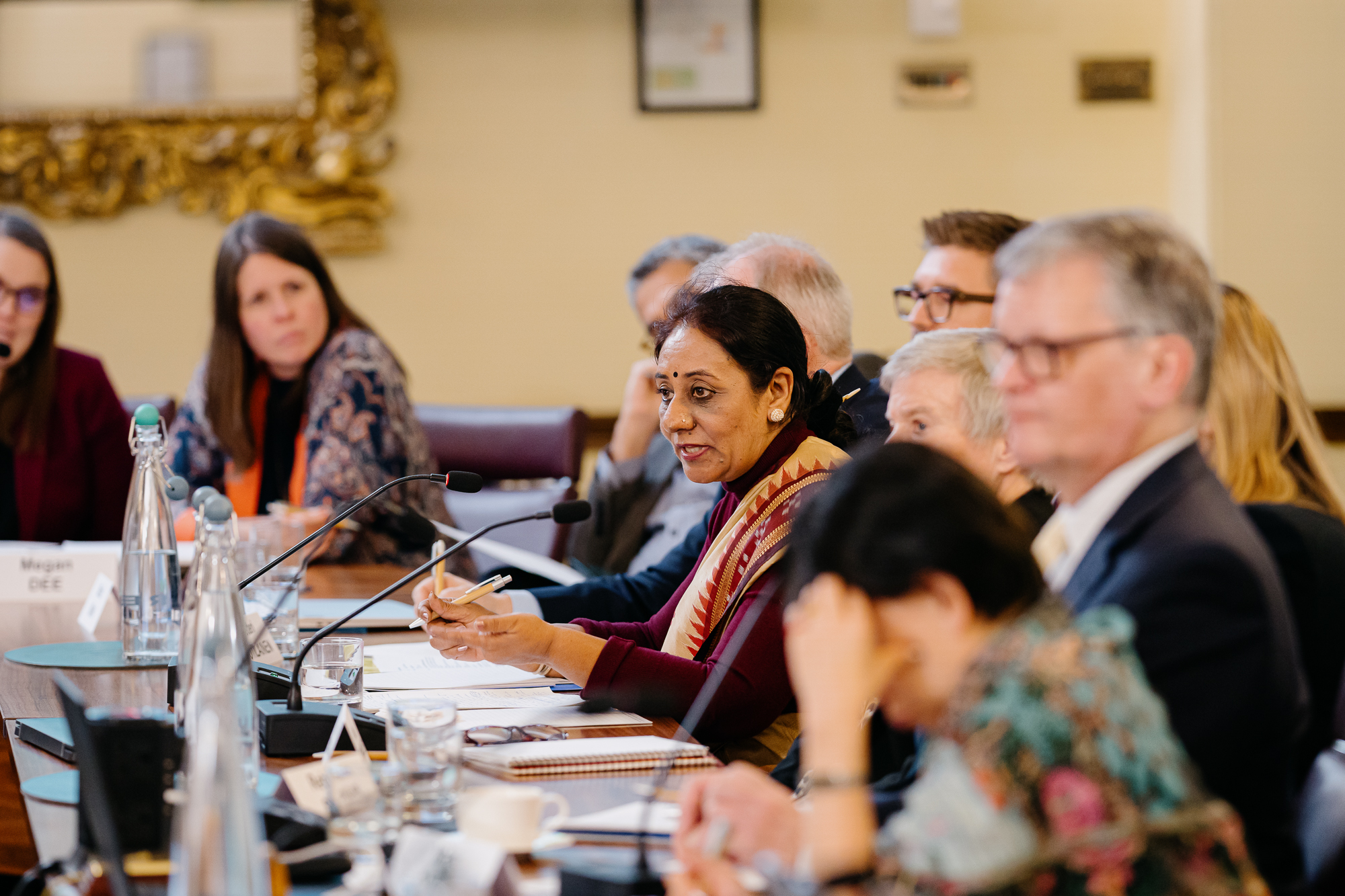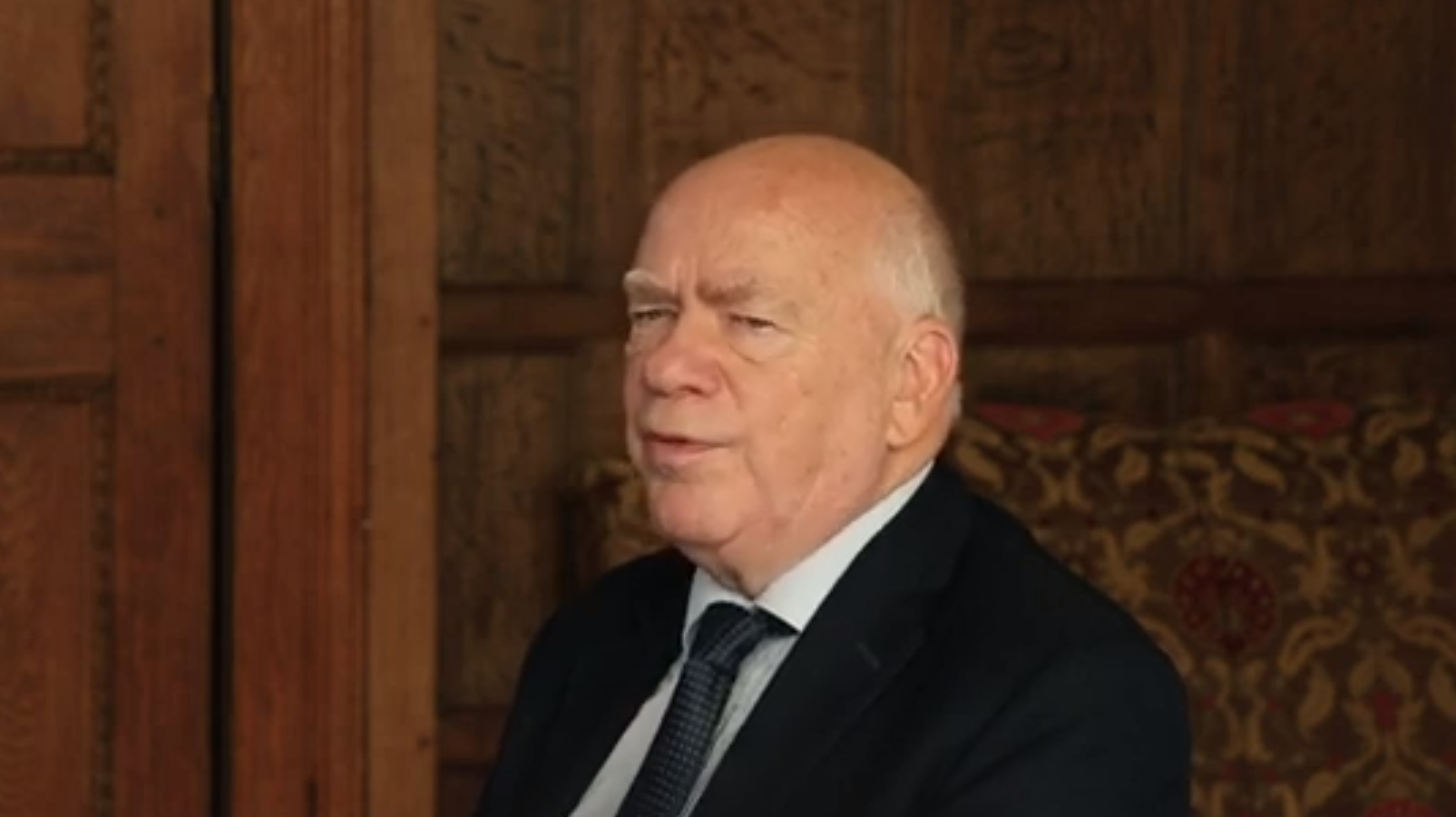Cities are not isolated islands. Global cities are important actors in international politics, a milieu where political influence is gathered and exercised in unexpected ways: cities are entrepreneurs disrupting global governance. Technology is the means for global success.
A globally successful city needs to exploit its indigenous assets – technology, knowledge, governance, and culture – to gain a strong socio-economic position: cities must be smart. The competition is acute. By 2025, twenty six global cities are expected to be smart cities and fifty per cent of those will be in Europe and North America. By 2025, various estimates see 58% of the world’s population living in cities and seventy per cent by 2045. Of those urban environments more than 280 are likely to be megacities of over 20 million inhabitants. Rapid urbanisation poses potentially insurmountable problems of poverty, inequality, insecurity, and design. All of the government policies and interventions intended to create or develop future cities have a strategic reliance on the high tech potentials of the city for long term urban development. It would seem that everyone with a voice, particularly those in government and the private sector, wants smart cities. In 2010, IBM said that a smart city is an “instrumented, interconnected and intelligent city”: instrumented by capturing and integrating live data through sensors; interconnected by integrating data into a computer platform that communicates information across a city’s services; and intelligent by using complex analytics, modelling, and simulation to make better operational decisions. Technology, the foundation of cities as ‘machines for living’ will have to disrupt conventional ways of imagining, designing, building, and inhabiting the urban environment. We are living in the convergence of urbanisation and computational ubiquity.
Over two days, young innovators, city governments, academics, and policy professionals brought some clarity to the visions, reasons, and methods for creating smart cities. The forum brought together people who rarely meet to share experiences, expectations and create new collaborations that could improve how we plan smart cities and engage digital citizens.
Shorthand Social
Video
We asked a number of participants ‘What is the biggest problem that cities face and how can technology help them solve it?’
Clare Devine, Executive Director Architecture, Built Environment and Design at Design Council
Steven Adler, Chief Data Strategist at IBM
Peter Head, Chief Executive of the Ecological Sequestration Trust
Bernard Manyenyeni, Mayor of Harare
Iñigo de la Serna Hernáiz, Mayor of Santander
Phyllis Schneck, Deputy Undersecretary for Cybercrime and Communications, Homeland Security
Eileen Burbidge, Chair of Tech City UK












